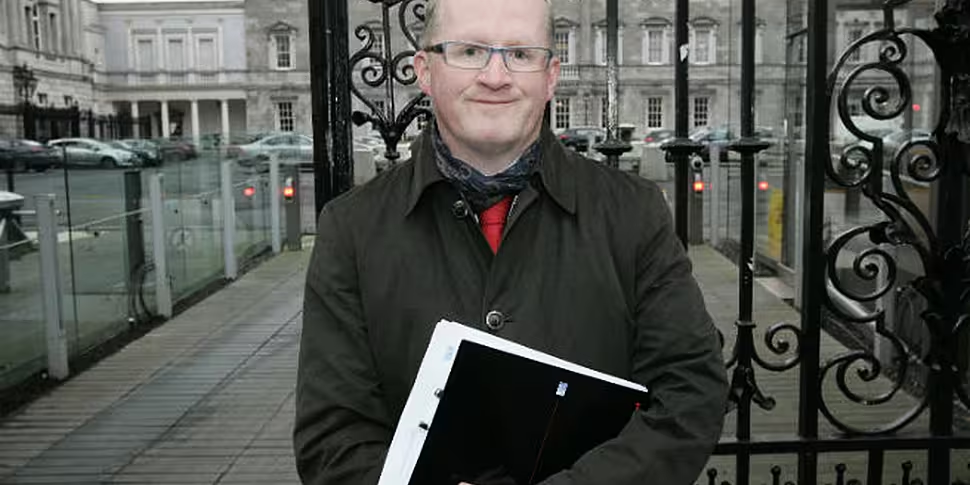“Central Bank chief bottles it on home loan overcharging,” screamed the front page of the Irish Independent on Wednesday, the morning after new Governor Philip Lane had appeared before the Oireachtas Finance Committee.
It was the media equivalent of the age-old practice on GAA fields of the hardened defender hitting the nippy young forward a dig as they run on the pitch.
Professor Lane had been advised indirectly by many commentators, including Newstalk, prior to taking up his new role just two months ago that he should take a position early in his tenure to signal strongly his and the Central Bank’s independence from the political world and its ever-changing demands.
And what more burning issue on which to take such a stand than the housing market?
The Governor’s predecessor, Patrick Honohan had himself come under pressure from no less senior a political figure than the Minister for Finance during the past year, to “encourage” the retail banks to narrow the margin between their own wholesale borrowing rates and the mortgage rates they offered.
Hohohan politely declined the invitation and Noonan subsequently had little enough success himself with the banks despite calling them in for two separate high profile rounds of meetings on the subject.
Playing politics
The pressure from Oireachtas Committee members on Philip Lane during the week was more nuanced.
Couldn’t he prevail upon the banks to offer the same mortgage rates to existing customers as they were now offering to new customers?
Couldn’t he take account of the track record of rental payments when setting loan to income and loan value mortgage lending limits for first time home buyers?
Couldn’t he intervene more aggressively with the banks to facilitate debt resolution for the near 70,000 home owners in long-term mortgage debt?
These were all valid points from a political and no doubt, humanitarian perspective, but not - in the Central Bank’s view - positions it should take to advance its broader remit of preserving overall financial stability.
The new Governor politely, but firmly, stuck to this position.
Changes
He has a different style to Honohan; not as sparky; less fluent in his delivery and still over-reliant on the technical language of the academic economist. But as he begins to appear more frequently in the public realm, he does seem to possess a certain steel beneath the hesitant demeanour, and seems not averse to expressing his position on occasion or of acknowledging the need to consult colleagues, on others.
For instance, when asked whether the Central Bank would have an issue with Government introducing grants to help first time buyers meet the new mortgage ratio requirements, he noted that while such a move could have fiscal implications for the Exchequer, it could also strengthen the balance sheets of the banks as they would have less capital at risk in the homes being acquired.
In other words, and to maintain the football analogy, he deftly kicked the topic back to his political questioners.
Interestingly, the question to which he responded quickest and with most energy, was whether he felt the Central Bank needed to become much more interventionist in ensuring financial stability in the banking sector.
That was the reason he had applied for the job he replied with no little fire. The Bank would be more interventionist both at a domestic level and through the ECB: it now had the toolbox of measures to use and it would use them.
In fact, he anticipated his greatest challenge would arise when the Bank persisted with interventionist measures, such as the mortgage lending constraints, in the face of a lot of “chatter” that due to prevailing economic or sectoral conditions, they were no longer required.
Sounds like a man who intends to plough an independent line and to take blaring front page references to his lack of fibre, on the chin...a footballing forward perhaps, who may have stamina as well as skill.
But only time will tell...









